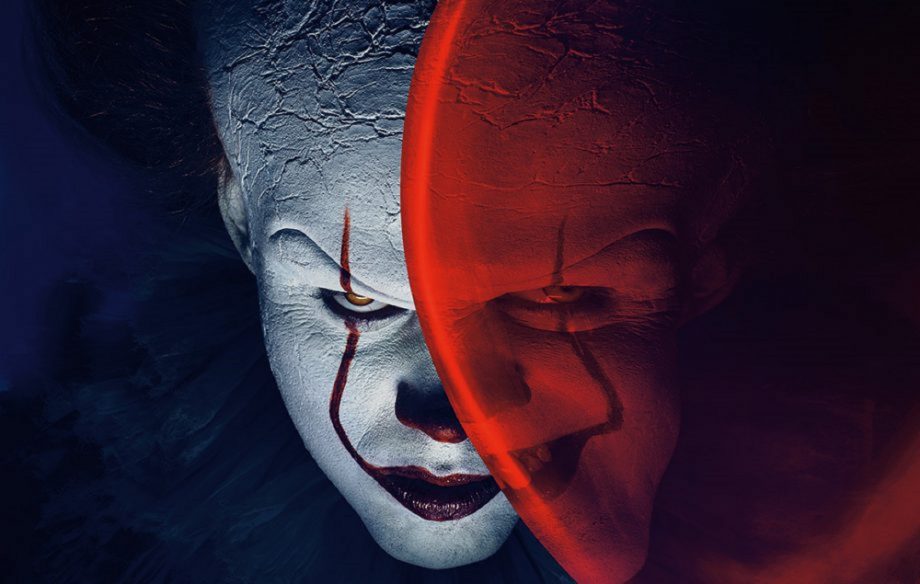It goes without saying that inclusivity and representation in film and TV matters. It is important that we see individuals like ourselves reflected on the screen so that we feel like our voices are being heard, that we are inspired, and have someone to look up to. Representation creates a positive cultural impact. Whilst there have been some more positive advancements in the film industry, for example Love, Simon, for many in the LGBT community it must feel like Hollywood seems very much stuck in their old exploitative ways in their portrayal of gay characters with it being a rarity to have a gay character without a tragic ending, which is something that Andy Muschetti’s It: Chapter Two has been largely accused of. The graphic opening scene in question was originally published in Stephen King’s 1986 novel It set in the fictional town of Derry, based on King’s hometown Bangor in Maine. Inspired by the murder of Charlie Howard in July 1984, a young gay man who was beaten to death by a group of youths in a homophobic attack, the scene of Adrian Mellon’s death in the novel and film runs almost parallel to these events as he is also violently assaulted by a group of youths and thrown off a bridge where he is savagely eaten by Pennywise the clown, the antagonist of the film. King deliberately used this event to highlight the issues of homophobia in small towns in America. However, its inclusion in the film has sparked debate as to whether it is necessary to have such a horrific opening scene given its lack of impact on the overall plot of the film, therefore, being accused of instead being used merely for shock value and a cheap scare.
One might argue that including this scene in It: Chapter Two crosses the line from inclusive to exploitative. Whilst Andy Muschetti is well-intentioned in attempting to keep in line with King’s original motivations, the film ultimately ends up replaying the same Hollywood trope of having a tragic gay storyline. Not only is Adrian Mellon brutally killed at the start of the film, the relationship between Eddie Kaspbrak and Richie Tozier is one which also ends in tragedy, begging the question of whether in trying to be inclusive the film moves towards being exclusive. Given the deeper meaning of Adrian’s death, which reflects King’s criticisms of ‘small-town America’, it makes sense why Muschetti included this scene. In some sense, updating the original setting of 1984 to present-day worked in promoting this message as it highlighted the backwards nature of small towns like Derry and how racist and homophobic attitudes can be still so deeply ingrained in these communities and arguably it is even more impactive to see this horrific act committed by youths. However, the problem is that the scene is just not executed that well in the film. As an opening, it is shocking and emotionally impactful but as a plot device, it adds little to the overall storyline, especially given the fact that it is never referenced again in the rest of the film.
The problem with this scene is that in the original context of the book it works, yet the deeper meaning of the event is not clear in the film. Although Stephen King is renowned for writing about the supernatural, his books also focus on the horrors committed by humans and it can be argued that even without the presence of Pennywise this story would still work as horror as this scene is a reflection of the horrors that we as human beings commit. Yes, the story incorporates supernatural elements but deals with very real truths. Think about it, if the Losers’ Club had forgotten about the existence of Pennywise shortly after they had defeated him then why did they turn their back on their hometown and forget their childhood? Even Bill Denbrough, whose brother’s murder kickstarts the opening of the whole story, forgets. The answer is that Derry is a terrible place even whilst Pennywise hibernates. Adrian’s murder links to the ‘Losers’ Clubs’ as they are all types of individuals who do not belong in this community which is emphasised by the iconic ‘I love Derry’ hat as it shows that Adrian was ostracised by a town that he desperately wanted to be a part of, much like the Losers, simply for being himself. Sound familiar? Whilst the two aren’t entirely interlinked, by seeing the flashbacks of homophobic abuse hurled at Richie during his childhood we can see that both scenes are necessary for highlighting the issue of sexuality in a town with such backward views. Whilst the scene may not have felt necessary to the overall plot, perhaps lead actor James Mcavoy puts it best in a recent interview with Simon Mayo, ‘If we don’t shrink from the gore of ripping a child’s face off, we shouldn’t be shrinking from the gore of a homophobic hate crime’.
Image Credit: NME.com

